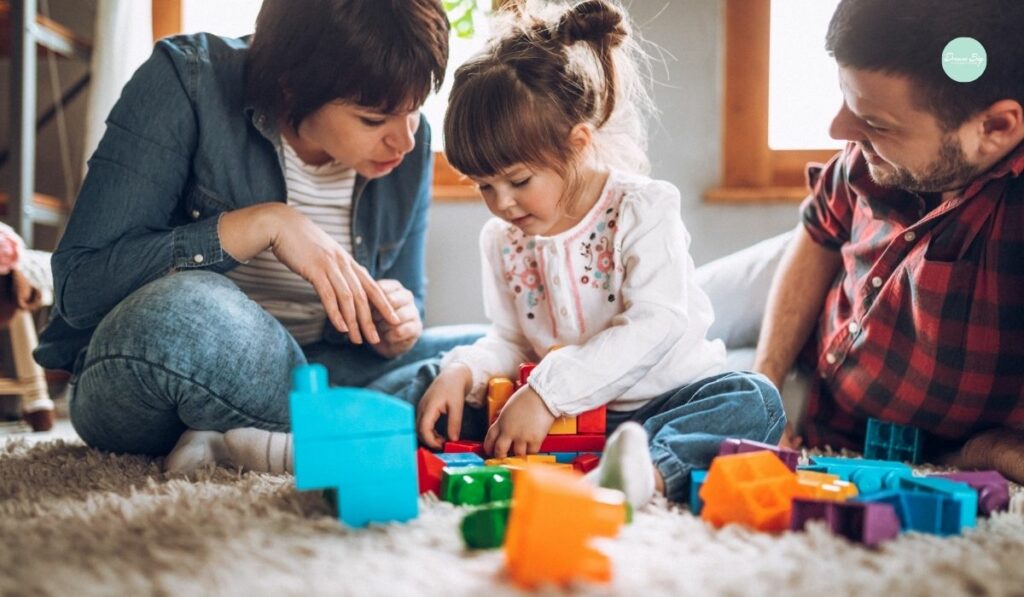Navigating Insurance for Autism Services
Learn how to effectively navigate insurance for autism-related services.
In the realm of autism support and education, the significance of social skills development cannot be overstated. For children on the autism spectrum, navigating social interactions can often be challenging, leading to feelings of isolation and difficulty in forming meaningful connections. However, the advent of summer social skills programs has emerged as a beacon of hope, offering a structured and supportive environment where children with autism can thrive and grow. Let’s delve into the intricacies of these programs and explore the myriad benefits they bring to the lives of kids with autism.
Before delving into the specifics of summer social skills programs, it’s essential to have a foundational understanding of autism spectrum disorder (ASD) and the importance of Autism Services For Kids. ASD is a neurodevelopmental disorder characterized by challenges in social communication and interaction, as well as restricted and repetitive behaviors. Individuals with autism often experience difficulties in understanding social cues, expressing emotions, and forming relationships.

Social skills play a crucial role in our daily lives, facilitating interactions, fostering relationships, and promoting overall well-being. Acquiring and honing these skills can significantly enhance children with autism’s quality of life and improve their ability to navigate the social world. However, traditional educational settings may not always adequately address the unique social needs of children on the autism spectrum.
Summer social skills programs offer a specialized approach to social skills development explicitly tailored to the needs of children with autism. These programs typically incorporate a combination of structured activities, therapeutic interventions, and peer interactions designed to promote social competence and confidence.
Beyond the direct benefits for children with autism, summer social skills programs also have a ripple effect that extends to families and communities. By providing support and resources for children with autism, these programs alleviate some of the challenges and stressors faced by parents and caregivers. Families can rest assured knowing that their children are receiving specialized support and learning valuable skills in a safe and nurturing environment.
Participating in summer social skills programs often involves a degree of family involvement, whether it’s attending informational sessions, collaborating with program staff, or participating in family-oriented activities. These opportunities not only enhance parents’ understanding of their child’s needs but also strengthen family bonds and promote a sense of unity and support.
Summer social skills programs play a vital role in fostering inclusivity and acceptance within communities. By raising awareness about autism and promoting positive interactions between children with autism and their peers, these programs help break down barriers and challenge misconceptions. As community members witness the growth and progress of children with autism, attitudes and perceptions shift, leading to a more inclusive and supportive environment for all.
As we look to the future, the importance of summer social skills programs in supporting children with autism cannot be overstated. With ongoing advancements in research, technology, and education, these programs have the potential to become even more tailored, effective, and accessible. From incorporating innovative therapies to leveraging digital platforms for remote learning, the possibilities for enhancing summer programs are endless.

Moving forward, summer social skills programs must embrace diversity and inclusion fully. This includes ensuring accessibility for children with diverse needs and backgrounds, as well as promoting cultural competency and sensitivity among program staff. By celebrating differences and valuing each child’s unique strengths, summer programs can create a more inclusive and welcoming environment for all participants.
Collaboration is critical to the success of summer social skills programs. By forging partnerships with schools, community organizations, healthcare providers, and other stakeholders, these programs can leverage resources, expertise, and support networks to serve children with autism and their families better. Through shared goals and collective action, we can create a network of support that empowers children with autism to thrive and succeed.
In conclusion, summer social skills programs hold immense promise for children with autism, offering a lifeline of support, guidance, and opportunity. From improving social skills and communication to fostering self-confidence and community connections, these programs have a profound impact on the lives of participants and their families. As we continue to champion inclusivity, acceptance, and support for individuals with autism, summer programs stand as a shining example of the transformative power of compassion, understanding, and education.
For more information, resources, and center-based ABA Therapy Services, please visit us at Dream Big Children’s Center. Together, let’s empower children with autism to reach their full potential and thrive in a supportive and inclusive environment.
Summer social skills programs are specialized programs designed to support the social skills development of children with autism. These programs offer structured activities, therapeutic interventions, and peer interactions aimed at promoting social competence and confidence in a supportive environment.
Families can inquire about program offerings, attend informational sessions, and collaborate with program staff to ensure their child’s needs are met. Additionally, participation in family-oriented activities fosters engagement and strengthens bonds.
While these programs are specifically tailored to meet the needs of children with autism, they also offer benefits for peers without ASD. By promoting understanding, empathy, and inclusivity, summer social skills programs contribute to building a more supportive and accepting community for all children.
Communities can support these programs by raising awareness, providing resources, and fostering inclusive environments. Additionally, advocating for funding and partnerships helps ensure the sustainability and accessibility of these vital services.
We are committed to empowering families with the information and support they need.
Learn how to effectively navigate insurance for autism-related services.
Explore our FAQs for clear, simple answers about our services, insurance.
Learn how to effectively navigate insurance for autism-related services.